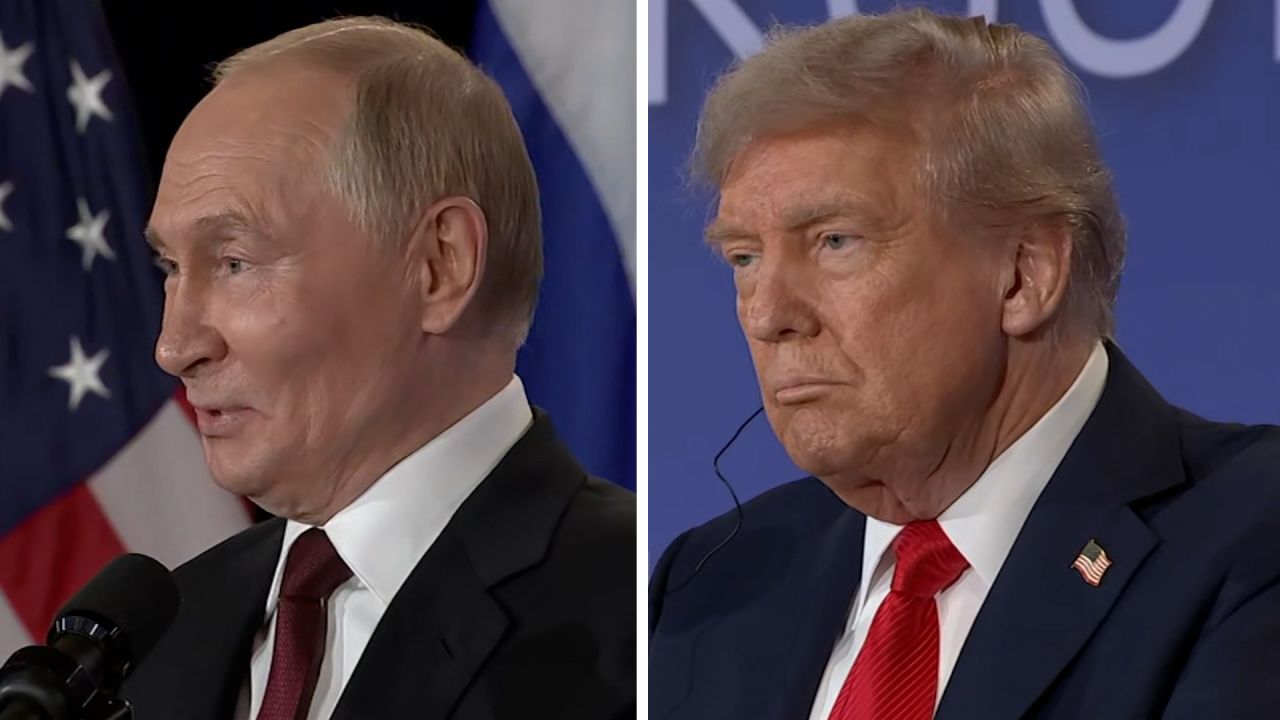In a significant diplomatic engagement, US President Donald Trump and Russian President Vladimir Putin addressed the media following their bilateral meeting in Anchorage, Alaska on September 12, 2023. The talks primarily focused on the ongoing Russia-Ukraine War and aimed at establishing a framework for future cooperation.
During the press conference, both leaders emphasized the importance of direct dialogue between their nations. Trump highlighted that the discussions were “constructive” and noted the need for a peaceful resolution to the conflict in Ukraine. “We must prioritize diplomacy,” he stated, underscoring the potential for collaborative efforts to stabilize the region.
Putin echoed this sentiment, suggesting that increased communication could lead to a better understanding of each country’s positions. He remarked, “Russia is open to working with the United States on this issue,” indicating a willingness to find common ground despite the current tensions.
The meeting in Anchorage marks a pivotal moment in US-Russia relations, which have been strained for years. Both leaders face domestic challenges that could complicate their efforts. Trump, navigating a politically charged environment in the United States, emphasized the necessity of unity in addressing global challenges.
In response to a question about sanctions, Trump reiterated his administration’s stance on maintaining pressure on Russia while also expressing hope for easing tensions through dialogue. Putin, for his part, dismissed the idea that sanctions were an effective tool, suggesting they often lead to more conflict.
The conference attracted significant media attention, reflecting the high stakes involved in the discussions. Analysts noted that this meeting is part of a broader strategy to recalibrate relations between the two nuclear powers.
As the press conference concluded, both leaders reaffirmed their commitment to ongoing dialogue, with Trump stating, “We will continue to talk and work towards a solution.” The meeting in Alaska is seen as a critical step in navigating the complex landscape of international relations, particularly concerning security and stability in Europe.
Looking ahead, the outcomes of this bilateral meeting will be closely monitored by both domestic and international observers, as any shifts in policy could have wide-ranging implications.







































































